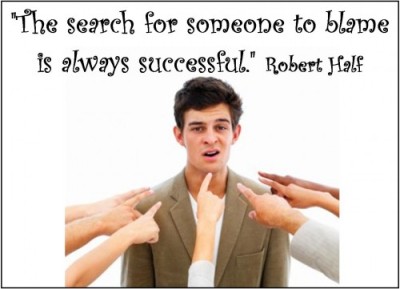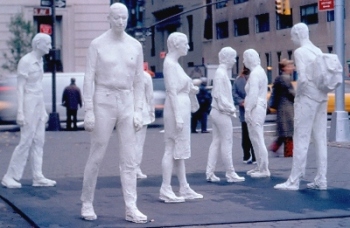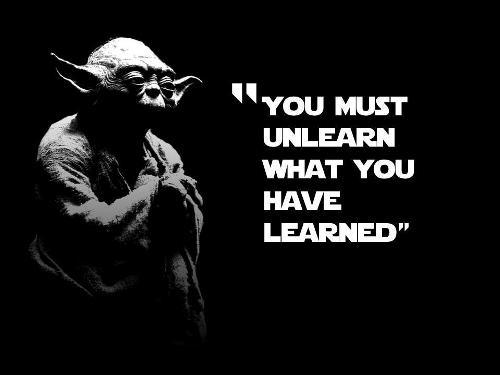According to Simon Sinek, what makes the difference for great organizations – and great leaders – is that they know their ‘Why”. It is from their purpose that they derive how they do things and what they do in detail.
All individuals and organizations know their “What”. Some organizations know their “How”, but very rarely their “Why”.
Watch Simon Sinek give a great explanation with fantastic examples related to the Wright Brothers versus the establishment, and other great examples in this TED speech (if you’re a hurry, watch from 1:20 to 5:50 – if you can stop then!):
(Here is the link if you can’t see the video)
“People don’t buy What you do, they buy Why you do it” – Simon Sinek
 Simon Sinek’s Golden Circle (Why-How-What) is an interesting approach. It triggers important questions for ourselves and for our organizations.
Simon Sinek’s Golden Circle (Why-How-What) is an interesting approach. It triggers important questions for ourselves and for our organizations.
Is your personal “Why” clear and compelling? Is your organization’s “Why” clear and compelling?
If not, what are you going to do about it?











